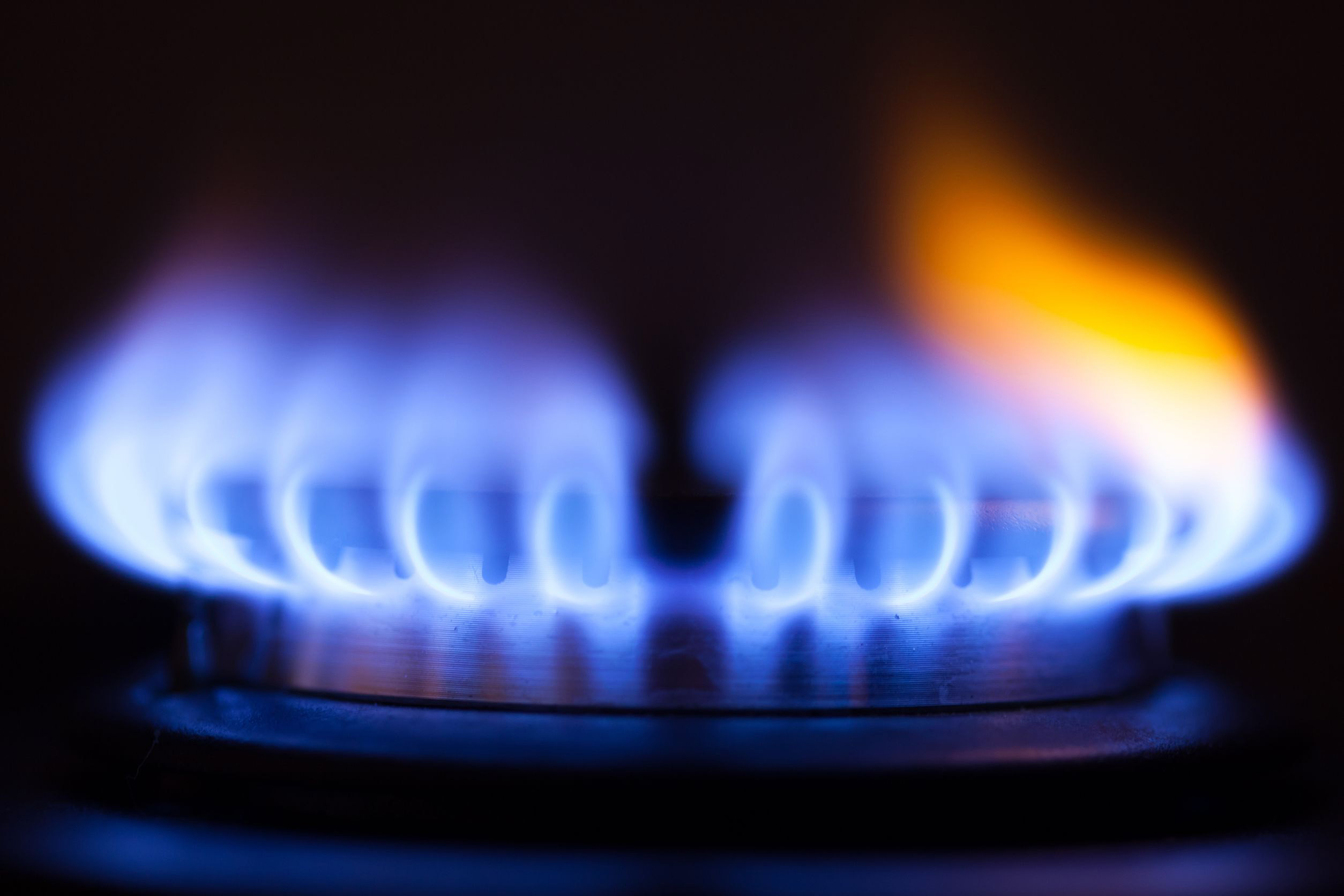A fire in your RV – while obviously bringing with it tremendous risk of injury or death – can also be devastating financially.
Though most information is focused on how to be safe and prepared in the event of a fire in your home, those same practices are necessary for preventing fires in your RV – and there are many practices that are unique to RV coaches. Know the facts so that you, your family, and your RV can enjoy camping without experiencing a fire, and to be prepared in case one does break out.
- Check hoses monthly for leaks and firmness, and clamps to ensure they are tight. Antifreeze, which runs through the radiator and heater hoses, can spray on hot water parts if there’s a leak in the hose. The ethylene glycol concentrate, after the water has burned off, can self-ignite and cause a fire.
- Check rubber fuel lines and connections between the fuel tank and the engine. Immediately replace anything that is broken or looks suspicious.
- Clean your RV’s underpinnings so that it can run cooler. Grease, oil, dust, and other grime from our travels can build up on engines and transmissions so that they work harder. That much extra heat, combined with a fuel leak or a short-circuited wire, could start a fire.
- Check your tires. It doesn’t take long for a flat tire at highway speed to scuff and potentially ignite. Make sure your tires are in good shape and looked at regularly for signs of wear. Look for signs of smoke coming from the wheels as you travel so that you can evacuate your motorhome sooner and get to safety.
- Check your batteries. Swollen batteries should be replaced immediately, and make sure the battery compartment is properly vented. Keep flames, cigarettes, and sparks away from batteries.
- Check all 12-volt connections as many fires occur due to a short. Any electric work should be done by a very capable electrician.
- Install smoke alarms and test them monthly.
- Never use your stove to heat your coach, and don’t leave a stove unattended. Make sure the stove is off after use so that gas no longer flows, which can cause a fire. Have adequate ventilation when cooking as flames give off carbon monoxide.
- Have carbon monoxide detectors and test them monthly. Know the difference between the sound of a carbon monoxide alarm and a smoke alarm.
- Have baking soda and fire extinguishers handy, especially around the kitchen but in other areas of the RV. Teach family members how to use the fire extinguishers.
- Teach your family members how to unhook electricity and how to close propane valves. The more knowledgeable everyone is about how the RV functions, the more they can assist in the event of an emergency.
- Teach your family escape routes, one in front and one in back in coaches. Teach kids once they’re old enough how to open windows, hatches, and emergency exits. Everyone should know where the alternate exits are in case the primary exit is blocked.
- Make an emergency plan for various situations, and conduct drills with the whole family until everyone is comfortable – for instance, if a fire breaks out in a motorhome during travel and everyone is buckled, or at night when everyone is in bed. Include as part of that emergency plan a place to meet away from the burning RV.
- Take photos of your coach annually and include any paper references to upgrades in a place other than your motorhome. This documentation will be useful in the event of a loss settlement.
- People come first. Reiterate, especially to children, that there is no material possession worth going back for. Material possessions can be replaced. It’s important to get out.

